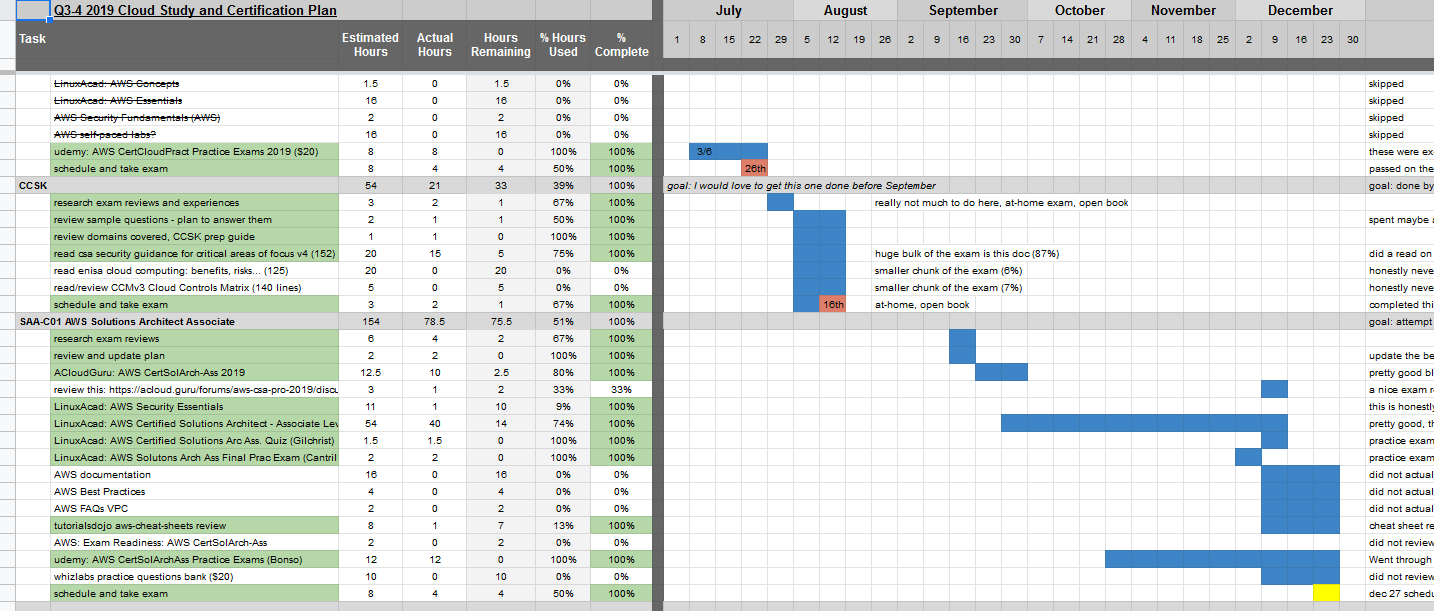I keep a lab at home, but I honestly don’t upgrade the underlying guts of it very often. I really got sick of rebuilding things in my early years as an IT admin. I like when things work, and as long as they keep working and my threat profile remains the same, I tend to keep the underlying infrastructure pretty much untouched. I’d rather wrestle and play with the VMs that run on top of things, ya know?
Typically, my upgrades come about when I change hardware. Or when something doesn’t work. Tonight, I tried to install Kali 2019.4, but I had some hard, unknown stops that felt like vm host limitations. Rather than fight with it, I thought I’d upgrade my VMware server.
My main lab is an Intel NUC device running a VMware ESXi 6.0 bare metal install. I really dislike the web management interface in modern VMware, so I’ve clung to 6.0 for about as long as I’ve been able to. I also really like having the option of running consoles from the vSphere Client application.
Upgrading the ESXi installation is about as easy as it gets. I verified some instructions and then went to town.
esxcli network firewall ruleset set -e true -r httpClient
esxcli software sources profile list -d https://hostupdate.vmware.com/software/VUM/PRODUCTION/main/vmw-depot-index.xml | grep -i ESXi-6.5.0-2019
# I decided to choose ESXi-6.5.0-20191204001-standard and move on!
esxcli software profile update -p ESXi-6.5.0-20191204001-standard -d https://hostupdate.vmware.com/software/VUM/PRODUCTION/main/vmw-depot-index.xml[InstallationError]
[Errno 28] No space left on device
vibs = VMware_locker_tools-light_6.5.0-3.116.15256468
Please refer to the log file for more details.
Well, that sucks, but I definitely have room on my device. A quick search showed me that this is an updating error that I could fix by letting ESXi use diskspace as swap when needed, which it apparently needed for the upgrade. A quick visit to Manage > Settings > System Swap got me squared away and the above update command succeeded in surprisingly minimal time. Next, I rebooted the device. Then, I returned the local firewall option to false and I logged into the management console and confirmed my version was 6.5.
I then installed the VMware Remote Console application in order to use a standalone app instead of browser windows for console access. Either way, I dislike them, but the standalone app is the lesser evil. I downloaded version 11.0 from VMware directly, but it can also be grabbed when first trying to open a remote console off a VM.
My core VMs fired up just fine (pfsense and a jump box), I was then able to install Kali 2019.4 without issues at all. I have no idea what the real fix was, but I’m glad that a mere ~30 minutes later I’m past the issue.
